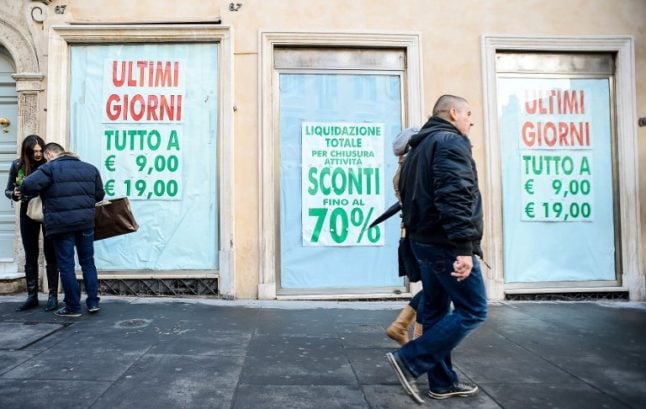“Some people are very hurt. Other people feel betrayed. It’s a very strange chemistry of frustration, irritation, sometimes anger, sometimes very deep sadness as well,” Lagarde told ABC television’s “This Week” program.
Lagarde said that Strauss-Kahn “has done an excellent job as managing director” but added that there are “wounds” at the International Monetary Fund following the scandal that forced him out of his job.
Lagarde, the former French finance minister, took over as managing director of the International Monetary Fund on July 5, following the May resignation of Strauss-Kahn, who is fighting charges of sexual assault.
The criminal case against the prominent French politician, who was once seen as a serious contender for the presidency, suffered a potentially fatal blow last week when prosecutors cast doubt on the credibility of the Guinean-born hotel maid who accused him of sexually assaulting and attempting to rape her on May 14th.
Prosecutors have said the maid lied in sworn testimony in the case, and has given false information on tax and asylum application forms, including information about an alleged gang rape in Guinea.



 Please whitelist us to continue reading.
Please whitelist us to continue reading.
Member comments